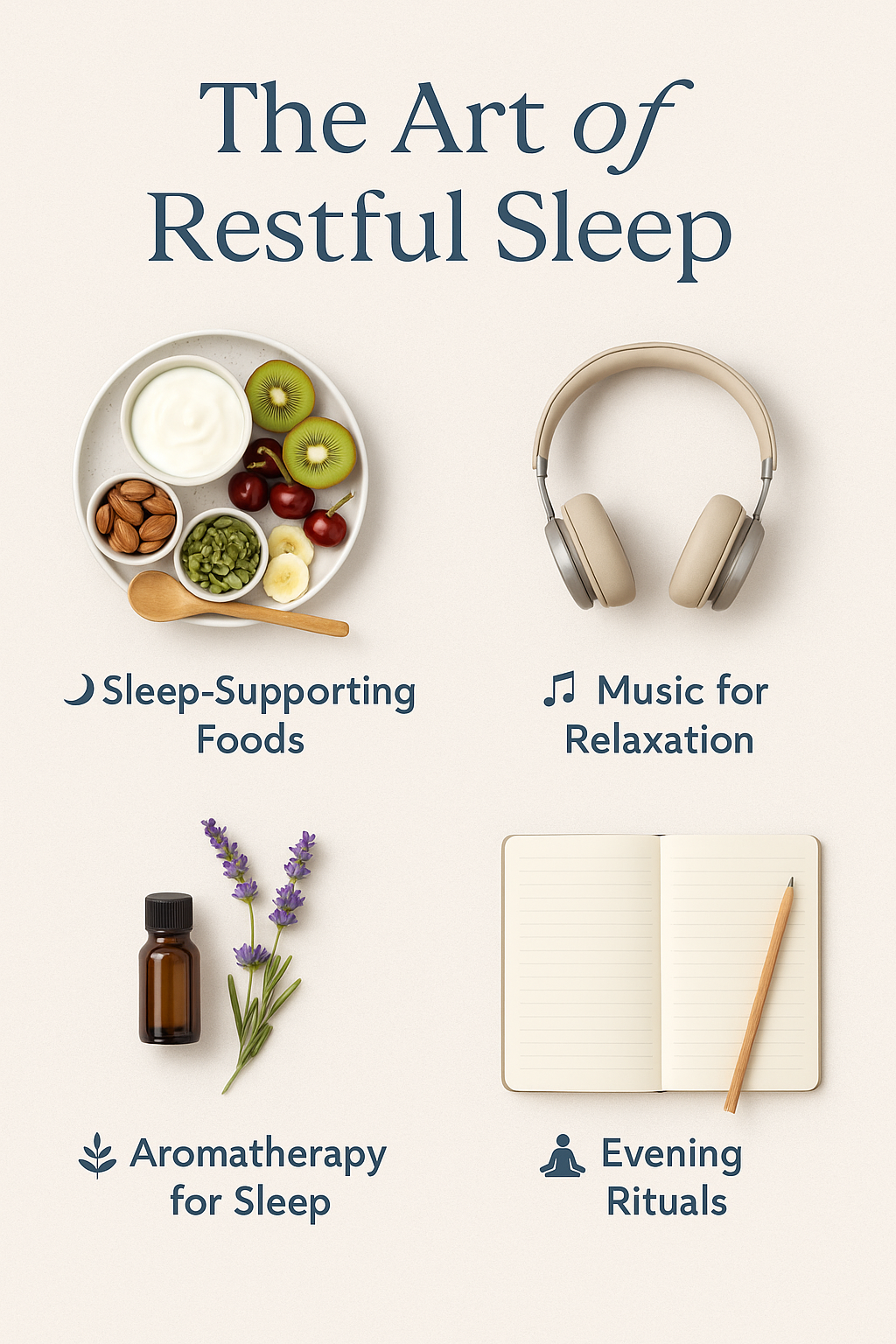
Holistic Healing & Conscious Living
Practical insights to nourish your senses and manage life’s stress.
Blog
Healing is a journey of returning to yourself. This blog is a collection of insights and practices for those seeking a more holistic approach to self-care. Join me as we dive into the essentials of wellness—nourishing our senses, managing life's stresses, and creating a lifestyle that honors the harmony of mind and soul.
/

